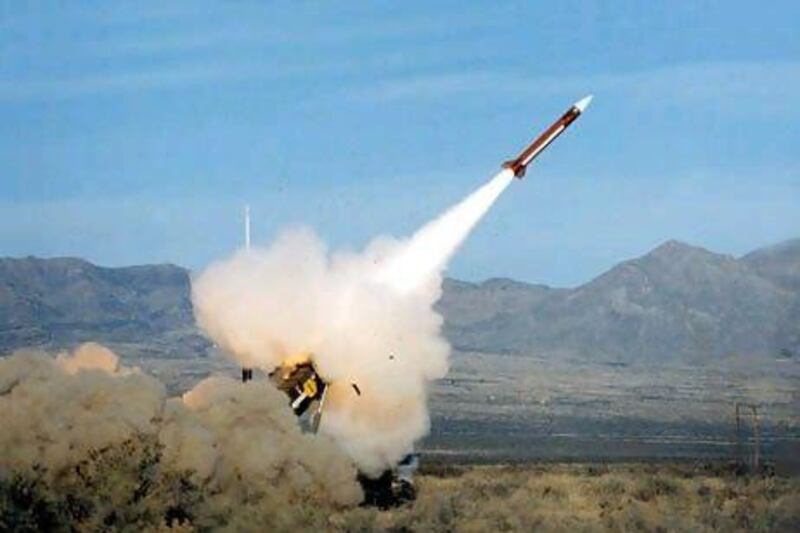The United States is to relocate four of its missile-defence systems from the Middle East next month at a time when Washington is ramping up its rhetoric about defending against Iranian aggression in the region.
US Defence Secretary Jim Mattis has decided to pull the anti-aircraft and missile batteries in a realignment away from the Middle East and Afghanistan towards tensions with China and Russia, the Wall Street Journal reported on Wednesday, citing US officials.
Two Patriot missile systems will be redeployed from Kuwait, and one each from Jordan and Bahrain, the report said. Patriots are mobile missile systems capable of shooting down missiles and planes.
The report comes amid rising rhetoric against Iran from the United States, which earlier this year pulled out of the Joint Comprehensive Plan of Action, the 2015 deal in which Tehran agreed to curb its nuclear work in return for the lifting of most Western sanctions.
Meanwhile, Russia and the United States have been facing diplomatic rifts over Russia's 2014 annexation of Crimea from Ukraine, involvement in the Syrian conflict and alleged meddling in the 2016 US presidential election.
The Journal report said the system have been deactivated already, with their dismantling due to begin in October.
_______________
Read more:
[ Donald Trump and Hassan Rouhani set for UN clash ]
Anwar Gargash: Arabs must be at table in any new Iran negotiations
WATCH: New Yorkers navigate extra security for UN General Assembly
[ New Zealand PM brings baby daughter to UN General Assembly ]
_______________
Their removal is a critical decrease in defence in the region for American bases and for US allies at a time when Washington is railing against Iranian ballistic missile activity.
Tehran has threatened to attack US allies in the Middle East after a shooting attack on a military parade last week that left 12 members of the Islamic Revolutionary Guards Corps.
The US administration has continued to put pressure on Iran, pulling out of the landmark nuclear deal and reimposing crippling sanctions on the Iranian economy.
Trump, in his annual UN speech, said he would keep up economic pressure on Tehran to try to force a change in its behavior. But Iranian President Hassan Rouhani said Iran had no intention of succumbing to the US pressure.
The next round of sanctions that had been eased under the accord will take effect in early November and Trump said they would not be the last.
Mr Trump blasted what he called Iran's "corrupt dictatorship" and accused its leaders of enriching themselves through massive embezzlement and raiding state coffers to spread "mayhem" across the Middle East and around the world.
The American leader called out Iran's "bloody agenda" in Syria and Yemen in particular.






